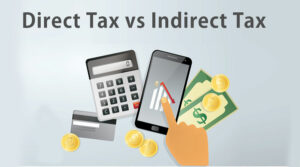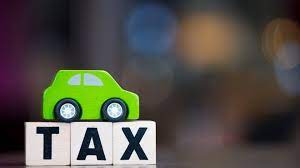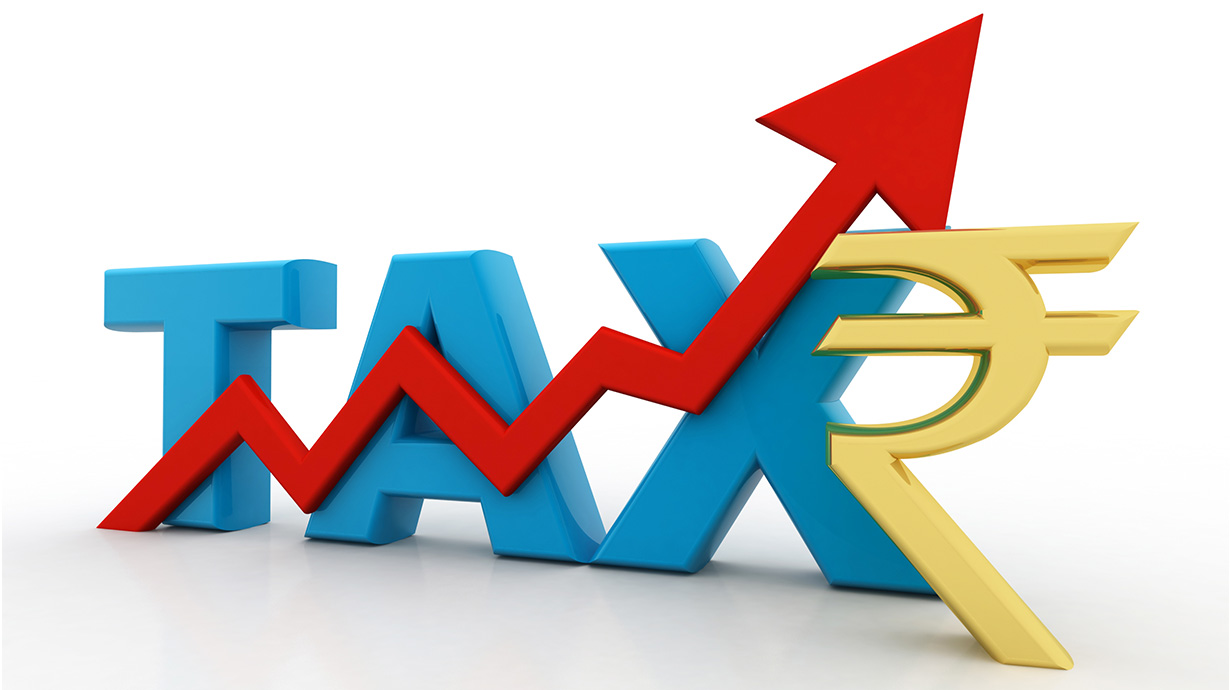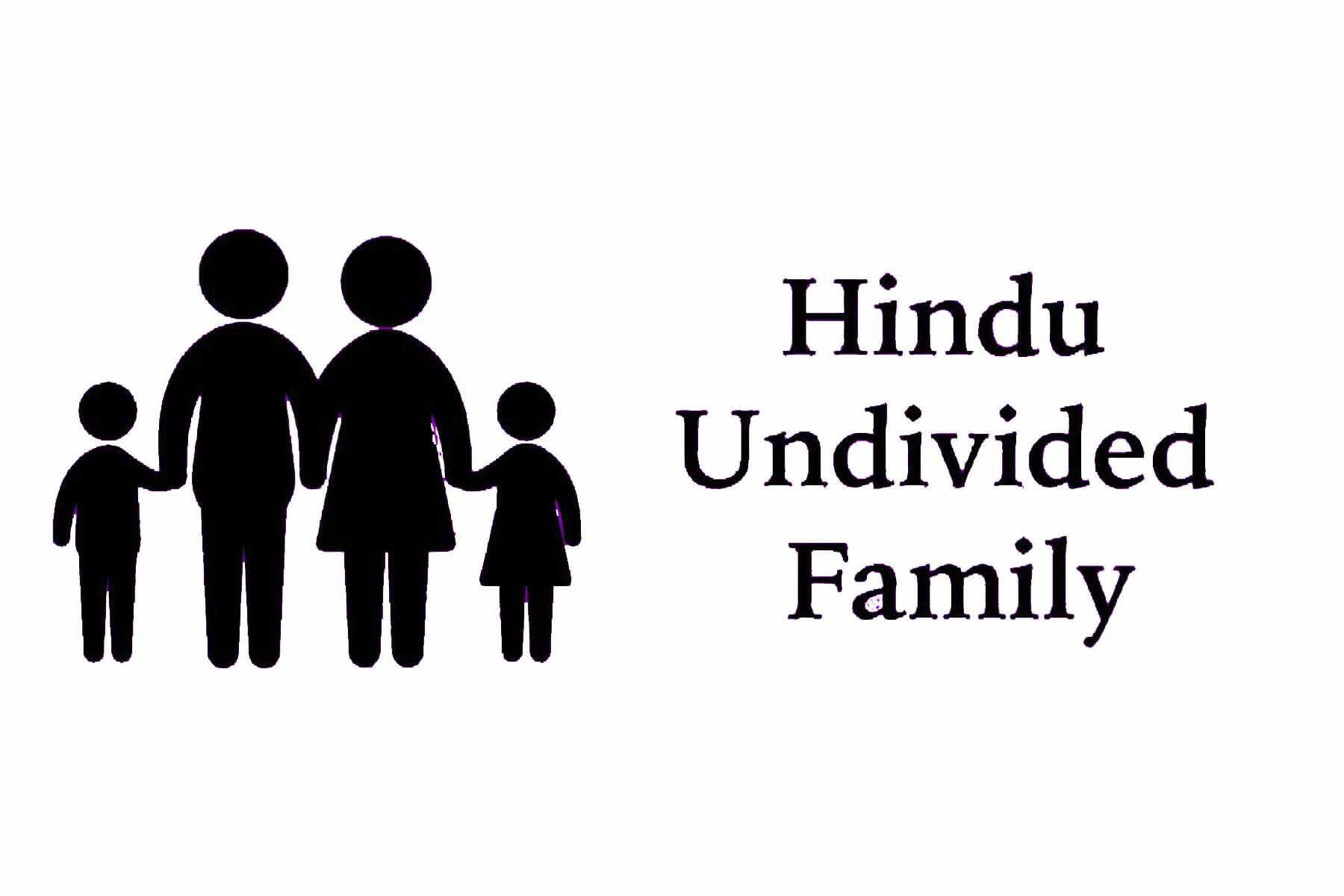The constitution of India gives and allocates powers to the central and state government to collect taxes in India. Moreover, as per article 265 of the Indian constitution, only the authority of law has the power to levy and collect taxes in India. There are many taxes imposed in India. In the article, we will learn about the taxes collected by the state government.
There are two types of taxes in India- Direct and Indirect taxes. Direct taxes are applicable on the income of a person. The impact and incidence of tax are on the same person, with no shifting of the tax burden. The collection of direct tax is done yearly. Example of direct tax is income tax, etc.
On the other hand, Indirect taxes apply to the price of a good or service. The impact and incidence of tax are on different people. There is a shifting of the tax burden. The final customer pays the indirect taxes. For instance, the manufacturer pays excise duty. He adds the tax paid to the price of the product. Hence, the manufacturer pays the tax, but the burden gets shifted to the ultimate customer. Therefore, the impact is on the producer, but the incidence is on the customer. Examples of indirect taxes are GST, VAT, etc.
The central government and state government levy and collect taxes. The taxes levied and collected by the state government differ from one state to another. For instance, on a broad range, the price of diesel and petrol is the same, but there is a marginal difference from state to state due to the taxes levied. Some taxes collected by the state government are- professional taxes, VAT, etc.

Value Added Tax (VAT)
The state government levies and collects VAT (earlier sales tax) on the sale of goods. On the other hand, the central government looks after the implementation of GST. It is an indirect tax. The merchants or producers of goods pass the burden of tax on the customers. Hence, customers are the ultimate taxpayers of VAT, which is payable to the state government. Moreover, VAT is applicable at every stage of production. Every state of India imposes a value-added tax, except for Andaman and Nicobar Islands and Lakshadweep Islands. Additionally, ITC (input tax credit) provisions are permissible on VAT.
The VAT rate ranges from 0% to 15% from product to product. For instance, necessities like salt are exempt from sale. Daily items like oil, cooking gas, etc., attract 4-5% VAT. However, alcohol, cigarettes, etc., attract 12-15% VAT. Andhra Pradesh, Assam, and Chhattisgarh have the highest rates. But the standard VAT rate is 12.5%.

Professional Tax
The state government levies and collects professional tax for providing employment opportunities to people earning income. For instance, doctors, employees working in IT companies, etc., pay professional tax. The individual pays the tax every month or year, depending upon the state. The professional tax depends on the annual income of an individual. For example, in Maharashtra, the professional tax is as follows:
- Firstly, a monthly income of up to ₹7,500 does not attract professional tax.
- Secondly, monthly income between ₹7,501 to ₹10,000 attracts a professional tax of ₹175 per month.
- Thirdly, a monthly income above ₹10,000 attracts a professional tax of ₹200 per month.
Luxury Tax
Luxury Tax is applicable on establishments, hotels, and hospitality services providing accommodation. The tax varies according to the base price of the room or the state’s minimum taxation amount limit. Hence, expensive rooms charge higher luxury taxes. The taxes vary from one state to another. Some governments also charge luxury tax on recreational services like gyms, banquet halls, etc.
For instance, in Maharashtra, the luxury tax rates are as follows:
- Firstly, if the room’s price is up to ₹1,000 – 0% luxury tax.
- Secondly, if the room’s price is between ₹1,001 to ₹1,500 – 4% luxury tax.
- Lastly, if the room’s price is above ₹1,501- 10% luxury tax.
Stamp Duty
The state government imposes and collects stamp duty on documents used in transactions related to property like contracts, mortgages, purchases, etc. Hence, stamp duty is applicable on the documents that create, transfer, cease, etc., a right or liability. The legality of the documents is assured when stamped with adhesive or embossed stamps, after which stamp duty is payable. The bearer of the documents is liable to pay stamp duty to the state government.

Entertainment Tax
The state government collects tax from any source of entertainment provided in the form of entertainment tax. It differs from state to state. However, some states might not levy and collect such taxes. Entertainment tax is applicable in the case of amusement parks, cinema halls, pubs, discos, internet cafes, ticketed platforms, casinos, etc. It depends on various factors like entertainment type, seating capacity, etc.

Motor Vehicle Tax
The state government charges tax on the sale of a motor vehicle. The tax depends on various factors like car segment, the capacity of the car engine, and many more. It is also known as road tax. However, road tax is a collection of other elements as well. The tax is payable in two ways:
- Firstly, one-time payment (lifetime road tax).
- Secondly, vehicle owners are subject to pay the tax till they have the vehicle’s ownership.

Tax on vehicles entering the state
When a vehicle enters another state where it is unregistered, the state government levies the tax on the same. For example, a vehicle registered in Maharashtra needs to pay tax on entering the state of Gujarat.
Tax on transportation of goods and passengers
When a public carrying vehicle transports goods or passengers or both from one state to another, it needs to pay tax to the state government.
Electricity Duty
It is applicable as per the electricity consumed. The state government collects electricity duty but charges it according to the central government policy.
Taxes on land and building
Vacant plots of land or developed lands attract tax. The value of the property determines the amount of tax payable. The taxes might include water, electricity, drainage tax, etc.
Capitation Tax
Capitation tax is applicable without referring to a person’s income or property. The state government collects taxes without considering the person’s income or worth.
Tax on mineral rights
Based on the central government policy, the state government collects taxes on minerals and related resources.




